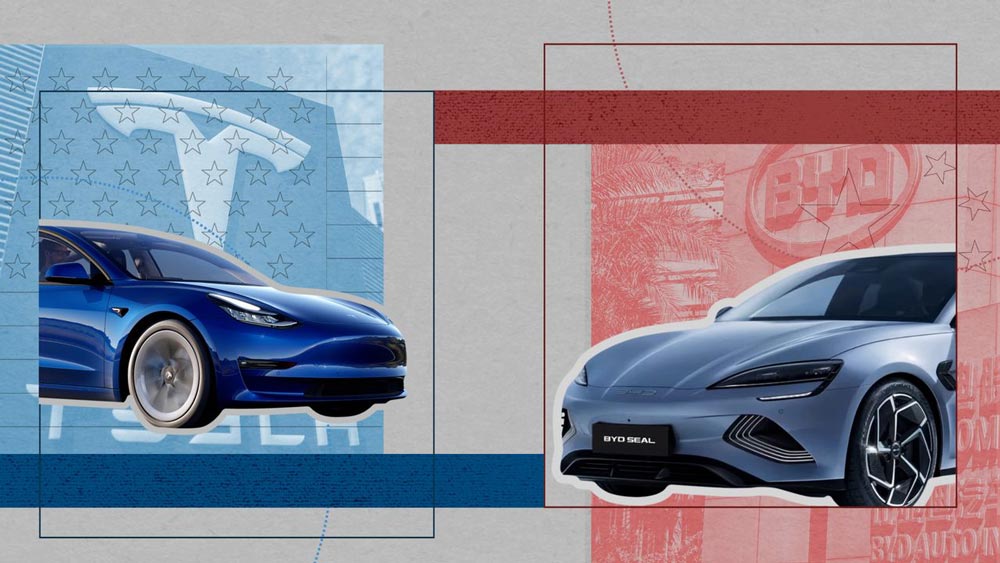Tesla, the American electric vehicle (EV) leader, is experiencing a sharp decline in its European market presence. According to data from the European Automobile Manufacturers’ Association (ACEA), Tesla sold just 7,261 cars in Europe in April 2025, marking a staggering 49% year-on-year drop. The decline is especially concerning given the broader EV market in Europe grew by 34.1% during the same period.
Brand Damage and Political Fallout
Tesla’s brand image in Europe has taken a hit, partly due to CEO Elon Musk’s political affiliations and public involvement with former U.S. President Donald Trump. Musk’s role in the so-called Department of Government Efficiency (DOGE) and his political commentary have sparked backlash among European consumers. The situation escalated in March when protests erupted at Tesla dealerships across the continent, with activists targeting Tesla showrooms.
These political controversies have raised investor concerns about Musk’s focus on Tesla. On a recent earnings call, Musk assured stakeholders that his government-related commitments would decrease by the end of May, allowing him to concentrate more on Tesla. He reiterated his commitment to leading the company for at least the next five years.
Aging Product Line and Rising Competition
Tesla’s dwindling European sales can also be attributed to its aging product lineup. While the company introduced an upgraded version of its Model Y SUV earlier this year, it has not launched any new mass-market models recently. This stagnation contrasts with the dynamic offerings from competitors, including traditional automakers and aggressive new entrants from China.
One of Tesla’s biggest threats in Europe is the Chinese auto giant BYD, which recently surpassed Tesla in pure electric vehicle sales on the continent for the first time. Meanwhile, European consumers are showing an increased preference for hybrid electric vehicles, which make up over 35% of the total regional car market. Unlike competitors, Tesla’s lineup lacks hybrid electric options, as the company exclusively produces fully battery-powered vehicles.
Broader Implications for Tesla
The brand fallout and increasing competition have led to a broader decline in Tesla’s European performance. Between January and April 2025, the company’s sales fell nearly 40% year-on-year. Despite these challenges, Musk remains optimistic about Tesla’s future and its dominance in the EV market.
The decline in Tesla’s European market share underscores the growing competitiveness of the global electric vehicle industry. With traditional automakers ramping up their EV production and Chinese companies aggressively expanding, Tesla faces mounting pressure to innovate and adapt to consumer preferences.
For now, Tesla must grapple with not only its reputational challenges but also the rapidly evolving dynamics of the European automotive market. Whether Musk can steer the company back on course remains to be seen.











